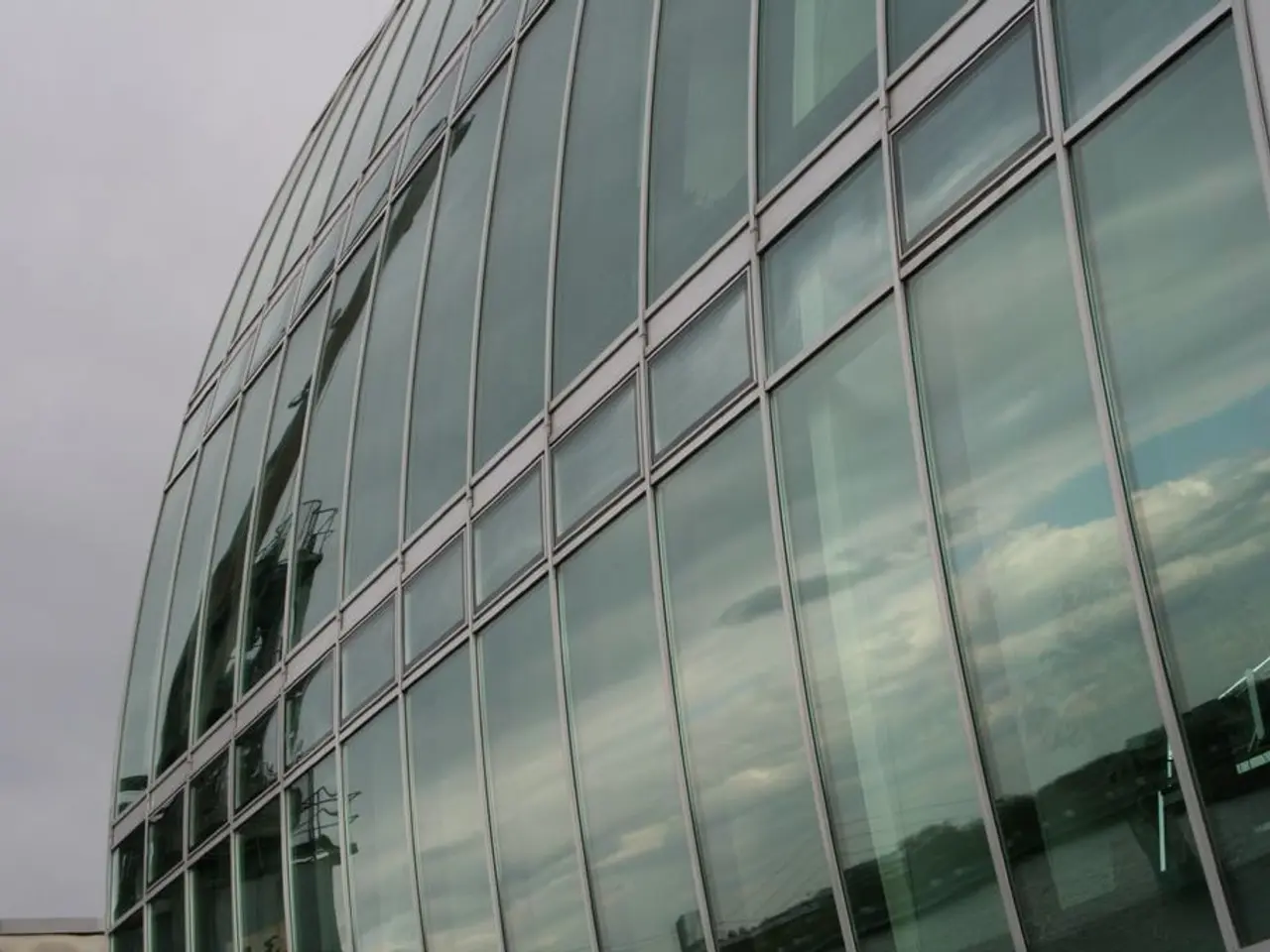Apple contests EU's billion-euro penalty - Apple contests a massive Euro fine in legal action
In a recent development, technology giant Apple has filed an appeal against a €500 million fine imposed by the European Union (EU) Commission, alleging that the fine and the subsequent mandates exceed the Commission's legal authority. The fine was issued in April 2025 for violating the Digital Markets Act (DMA) by restricting app developers from informing users about purchase options outside the App Store.
The EU Commission ruled that Apple’s App Store anti-steering policies prevented developers from freely directing customers to alternative purchasing options, a practice that the Commission deemed as a breach of fair competition and consumer choice. The Commission's decision required Apple to change these policies and allow developers to link to offers outside the App Store.
In response, Apple argues that the Commission is micromanaging its operations and mandating business terms that confuse developers and harm users. The iPhone maker contends that the fine and the demands go far beyond what the law requires and that the Commission is effectively telling Apple how to run its business rather than simply enforcing fair competition rules.
To avoid daily fines, Apple implemented the EU’s required changes in late June 2025, allowing apps distributed in EU storefronts to link to external deals and offer alternate purchase options that bypass Apple's payment system. However, the appeal challenges both the fine and these terms, asserting the EU’s demands are illegal and outside its authority.
The EU Commission's role in this case is that of the enforcer of the Digital Markets Act. It issues fines for non-compliance and mandates changes to ensure fair market practices. The Commission assesses and imposes fines based on the gravity and duration of violations and monitors ongoing compliance, including the threat of daily fines if Apple fails to meet the terms.
This case epitomizes the ongoing tension between major tech companies and EU regulators over control and fairness within digital marketplaces. The dispute between Apple and the EU Commission is not limited to the App Store rules but centers on Apple's alleged restriction of alternatives to its App Store. The EU antitrust regulators' dispute with Apple revolves around Apple's App Store rules, which have been under review by the EU Commission for years over violations of EU competition rules.
The review of Apple's recent changes to its business terms is a part of a long-standing dispute between the two parties. Brussels has threatened further fines against Apple in April if it did not adjust its business terms. Linking from an app to a website is significantly restricted by Apple's App Store rules, a practice that the EU Commission deems as a barrier to competition and consumer choice.
The fine was imposed by the EU commission in Luxembourg, and the appeal challenges both the fine and the EU’s mandates. The dispute underscores the EU Commission's commitment to ensuring fair competition and consumer choice in the digital marketplace and Apple's stance on maintaining control over its App Store policies. The outcome of the appeal is expected to set a precedent for future regulations and enforcement in the digital marketplace.
- The EU Commission's ongoing dispute with Apple, regarding the App Store rules, highlights the need for cooperation with third countries in establishing fair market practices, ensuring consumer choice, and maintaining competition within digital marketplaces.
- In response to Apple's appeal against the €500 million fine imposed by the EU Commission, it is crucial for finance, business, and policymakers to collaborate in finding a resolution that respects both the need for fair competition and the sovereignty of technology companies in managing their business operations.




